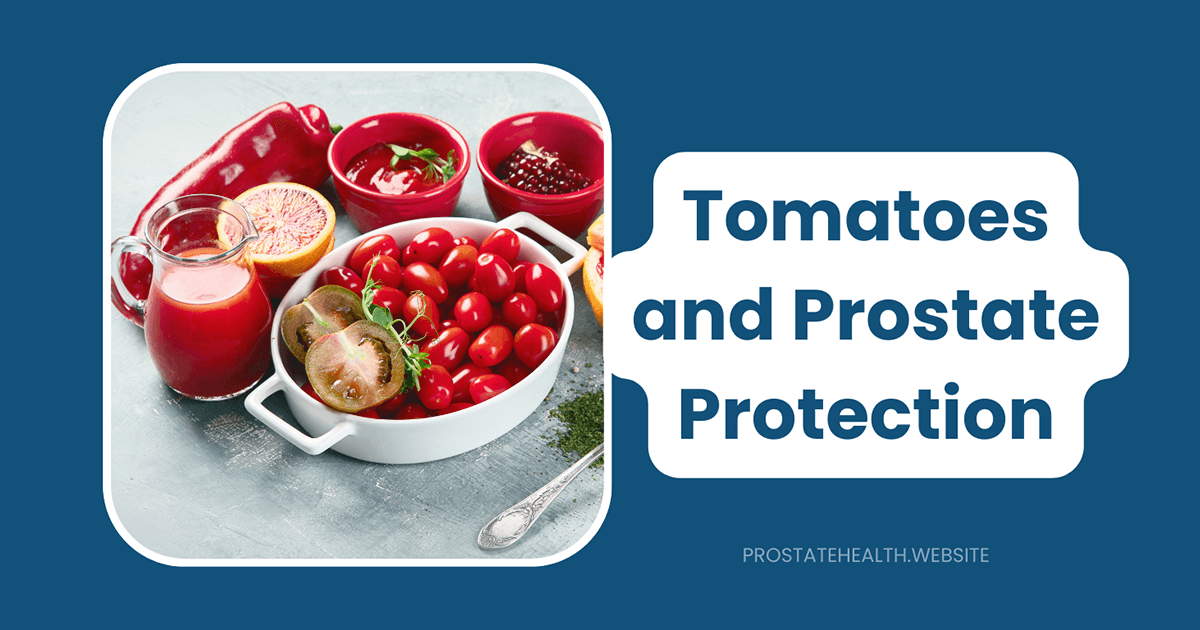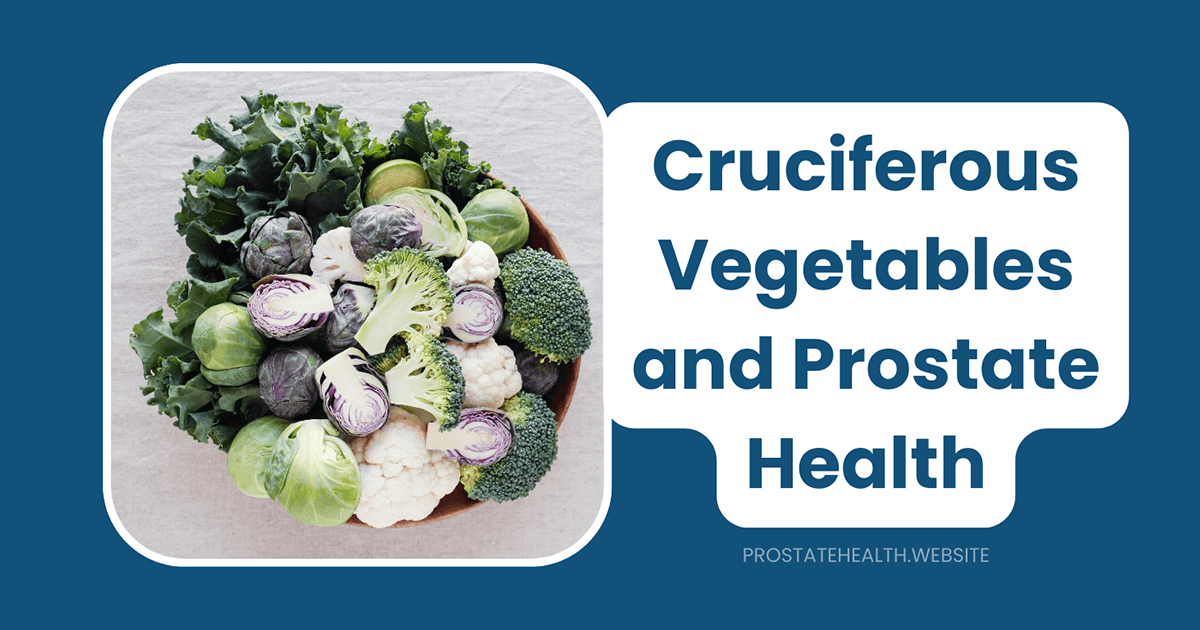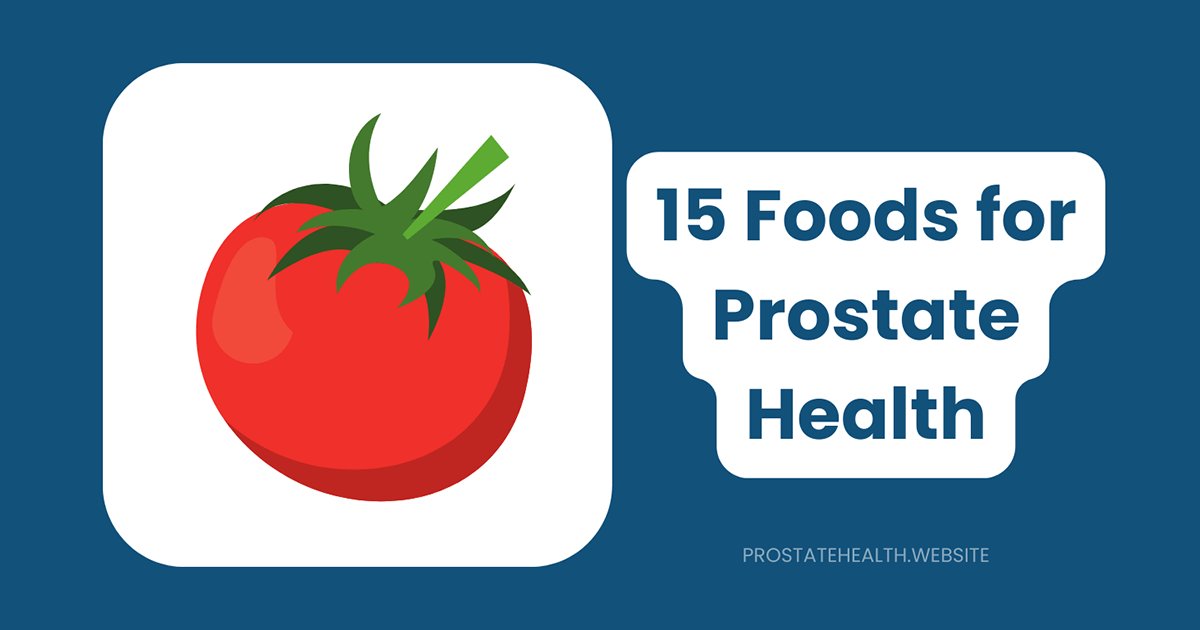Tomatoes and Lycopene: Nature’s Prostate Protectors?

When James, a 62-year-old retired teacher, received slightly elevated PSA results at his annual physical, his urologist mentioned something unexpected: “You might want to add more tomato sauce to your diet.” James was skeptical. “I thought he was joking at first,” he admits. “How could something as simple as tomatoes make any difference to my prostate?”
As it turns out, there’s compelling science behind this advice. For decades, researchers have been investigating the connection between tomatoes—particularly their star nutrient, lycopene—and prostate health. The evidence suggests that this vibrant red fruit might be one of nature’s most accessible prostate protectors.
Let’s explore what science tells us about tomatoes, lycopene, and prostate cancer prevention, and how you might incorporate these findings into your own health strategy.
Understanding Lycopene: The Powerful Pigment in Tomatoes
Lycopene belongs to a family of plant pigments called carotenoids, which give fruits and vegetables their vibrant colors. It’s responsible for the rich red hue of tomatoes, watermelon, pink grapefruit, and other reddish produce.
What makes lycopene special among carotenoids is its remarkable antioxidant capacity. Research has shown that lycopene is the most potent oxygen-quenching agent among all carotenoids—meaning it’s exceptionally good at neutralizing harmful free radicals that can damage cells and DNA.
While tomatoes are the most concentrated source of lycopene in the Western diet (providing up to 85% of dietary lycopene for many Americans), you can also find it in:
- Watermelon
- Pink and red grapefruit
- Papaya
- Guava
- Red carrots
However, tomatoes and tomato-based products remain the richest and most bioavailable sources, especially when processed or cooked—a point we’ll explore in more detail shortly.
The Science: What Research Tells Us About Lycopene and Prostate Cancer
The connection between tomatoes, lycopene, and prostate health has been studied extensively over the past few decades. Here’s what the latest research reveals:
Epidemiological Evidence
Large population studies have consistently shown associations between higher tomato and lycopene consumption and reduced prostate cancer risk:
- A landmark study published in the Journal of the National Cancer Institute followed 47,365 men for 12 years and found that men who consumed tomato sauce 2+ times per week had a 23% lower risk of prostate cancer compared to those who consumed it less than once per month.
- A 2025 systematic review and meta-analysis analyzing data from nearly 2.7 million participants found that higher lycopene consumption was associated with a 5-11% reduction in overall cancer risk. For prostate cancer specifically, a linear inverse association was observed between dietary lycopene intake and risk.
- According to a comprehensive meta-analysis published in 2025, high blood levels of lycopene were associated with an 11% reduction in overall cancer risk, with each 10 μg/dL increase in blood lycopene levels corresponding to a 5% lower cancer risk.
Laboratory and Animal Studies
Research in laboratory settings provides insights into how lycopene might work at the cellular level:
- Studies show that lycopene can inhibit the growth and reproduction of prostate cancer cells, induce apoptosis (programmed cell death) in abnormal cells, and reduce the metastatic capacity of prostate cancer cells.
- In animal models, particularly the transgenic adenocarcinoma of the mouse prostate (TRAMP) model, both tomato powder and lycopene supplementation have demonstrated anti-cancer activity.
- Interestingly, some studies suggest that whole tomato powder may be more effective than isolated lycopene, indicating that other compounds in tomatoes may work synergistically with lycopene.
Human Intervention Trials
While large-scale, long-term human trials are limited, smaller studies have shown promising results:
- A small intervention trial found that men with prostate cancer who consumed tomato sauce pasta daily for three weeks before scheduled prostatectomy showed significant increases in blood and prostate lycopene levels, reduced oxidative DNA damage in prostate tissue, and decreased PSA levels.
- Another study demonstrated that lycopene supplementation reduced tumor growth in men with localized prostate cancer.
How Lycopene Works: Mechanisms of Protection
Research suggests several ways that lycopene may help protect against prostate cancer:
1. Powerful Antioxidant Activity
Lycopene is an exceptional antioxidant, neutralizing free radicals that can damage DNA and cellular structures. This may help prevent the mutations that can lead to cancer development.
Dr. Edward Giovannucci, a professor at Harvard Medical School who has extensively studied lycopene, explains: “Lycopene appears to be one of the most potent antioxidants among dietary carotenoids. This antioxidant activity may help protect cells from damage that could lead to cancer.”
2. Reducing Inflammation
Chronic inflammation is increasingly recognized as a driver of cancer development. Lycopene has demonstrated anti-inflammatory properties that may help reduce this risk factor.
3. Influencing Cell Communication
Lycopene appears to improve cell-to-cell communication through structures called gap junctions. This enhanced communication helps maintain proper cell growth and may prevent the uncontrolled growth characteristic of cancer.
4. Modulating Hormonal Pathways
Prostate cancer is often hormone-sensitive. Research suggests that lycopene may influence androgen metabolism and signaling, potentially reducing hormonal stimulation of prostate cancer cells.
5. Enhancing Detoxification
Lycopene activates the body’s natural detoxification systems, including the antioxidant response element (ARE), which helps cells neutralize and eliminate harmful substances.
The Cooking Connection: Why Processing Matters
One of the most fascinating aspects of lycopene research is the discovery that processing and cooking tomatoes actually increases the bioavailability of lycopene—contrary to the common belief that raw vegetables are always nutritionally superior.
Here’s why:
The Structure Factor
In raw tomatoes, lycopene is bound within the fruit’s cell structures, making it less accessible to the body. Heating breaks down these cell walls, releasing the lycopene and making it more bioavailable.
The Isomer Advantage
Lycopene exists in different forms called isomers. In raw tomatoes, lycopene primarily exists in the all-trans form, but cooking converts some of this to cis-isomers, which are more easily absorbed by the body.
The Fat Connection
Lycopene is fat-soluble, meaning it needs some dietary fat to be properly absorbed. Cooking tomatoes in olive oil or consuming them with other healthy fats significantly enhances lycopene absorption.
This explains why processed tomato products often show stronger associations with health benefits than raw tomatoes:
- Tomato sauce contains approximately 3-4 times more bioavailable lycopene than raw tomatoes
- Tomato paste can contain up to 10 times more bioavailable lycopene than fresh tomatoes
A study from the American Institute for Cancer Research confirms: “Cooking tomatoes or processing them into sauces increases the absorption of lycopene and beta-carotene.”
Practical Applications: Adding Lycopene to Your Diet
If you’re interested in harnessing the potential prostate-protective effects of lycopene, here are practical strategies:
Optimal Sources of Lycopene
Based on lycopene content per 100g serving:
- Tomato paste: 55.45 mg
- Tomato puree: 21.8 mg
- Tomato sauce: 15.9 mg
- Tomato juice: 8.6 mg
- Canned tomatoes: 6.5 mg
- Fresh tomatoes: 3.0 mg
- Watermelon: 4.5 mg
- Pink grapefruit: 1.5 mg
Recommended Intake
The 2025 meta-analysis suggests that 5-7 mg/day of dietary lycopene intake falls within the beneficial range, while exceeding 10 mg/day did not provide additional benefits.
To put this in perspective:
- ½ cup tomato sauce = approximately 20 mg lycopene
- 1 cup tomato juice = approximately 22 mg lycopene
- 1 medium fresh tomato = approximately 3 mg lycopene
Maximizing Absorption
To enhance lycopene absorption:
- Cook tomatoes rather than eating them raw
- Include healthy fats when consuming tomatoes (olive oil is an excellent choice)
- Choose processed tomato products for higher lycopene content
- Consume regularly rather than occasionally for sustained benefits
Simple Ways to Increase Tomato Consumption
- Add tomato sauce to pasta dishes 2-3 times weekly
- Use tomato paste as a base for soups and stews
- Enjoy tomato juice as an occasional beverage
- Make homemade pizza with plenty of tomato sauce
- Prepare Mediterranean dishes like ratatouille or shakshuka
- Add sun-dried tomatoes to salads and sandwiches
Beyond Lycopene: The Whole Tomato Advantage
While lycopene receives most of the attention, research suggests that whole tomatoes may offer greater benefits than isolated lycopene. This indicates that other compounds in tomatoes likely work synergistically with lycopene.
These additional beneficial compounds include:
- Other carotenoids: Beta-carotene, phytoene, and phytofluene
- Vitamin C: A powerful antioxidant in its own right
- Potassium: Important for overall health and blood pressure regulation
- Folate: Essential for DNA repair and synthesis
- Flavonoids: Plant compounds with various health benefits
- Vitamin E: Another fat-soluble antioxidant
This may explain why studies using whole tomato powder sometimes show stronger effects than those using lycopene supplements alone. As Dr. John Erdman, a professor emeritus at the University of Illinois whose research focuses on tomatoes and prostate cancer, notes: “There seems to be something about the matrix of compounds in whole tomatoes that provides greater protection than isolated lycopene.”
Limitations and Considerations: What We Still Don’t Know
While the evidence for tomatoes and lycopene is promising, it’s important to acknowledge the limitations of current research:
Not a Magic Bullet
Lycopene is not a guaranteed prevention strategy or treatment for prostate cancer. It’s best viewed as one component of a comprehensive approach to prostate health.
Individual Variations
Genetic factors, existing health conditions, and other dietary components may influence how effectively lycopene works in your body.
Supplement Uncertainty
Whether lycopene supplements provide the same benefits as dietary sources remains unclear. Most positive research has focused on food sources rather than supplements.
Timing Matters
Animal studies suggest that early and sustained exposure to lycopene throughout life may be more beneficial than starting consumption later in life, though benefits have been observed at various ages.
Research Gaps
There are still significant knowledge gaps regarding optimal dosing, mechanisms of action, and which populations might benefit most from increased lycopene consumption.
Integrating Tomatoes into a Comprehensive Prostate Health Strategy
While tomatoes and lycopene show promise for prostate health, they’re most effective as part of a broader strategy:
The Mediterranean Connection
Many studies showing benefits of tomatoes come from Mediterranean populations, where tomatoes are consumed as part of an overall healthy dietary pattern that includes:
- Abundant olive oil (which enhances lycopene absorption)
- Plenty of other fruits and vegetables
- Moderate consumption of fish
- Limited red meat
- Regular physical activity
A Comprehensive Approach to Prostate Health
For optimal prostate health, consider combining lycopene-rich foods with:
- Regular exercise: At least 150 minutes of moderate activity weekly
- Maintaining a healthy weight: Obesity is a risk factor for aggressive prostate cancer
- Other prostate-supportive foods:
- Cruciferous vegetables (broccoli, cauliflower, brussels sprouts)
- Fatty fish rich in omega-3s
- Green tea
- Pomegranate
- Nuts and seeds
- Regular prostate screenings: Discuss appropriate screening with your healthcare provider
- Stress management: Chronic stress may impact hormone levels and immune function
Real-World Success: Men’s Experiences with Tomatoes and Prostate Health
While individual experiences don’t constitute scientific evidence, many men report positive outcomes after increasing their tomato consumption:
Robert, 68, PSA stabilization: “After my PSA started rising, my urologist suggested dietary changes before considering medication. I started having tomato sauce 3-4 times weekly and tomato juice most mornings. Six months later, my PSA had stabilized, and I’ve maintained that level for two years now.”
Michael, 59, improved urinary symptoms: “I was skeptical that something as simple as tomatoes could help my prostate issues, but after consistently including more tomato products in my diet, I’ve noticed less frequent nighttime urination and better flow. It’s not a complete cure, but the improvement is noticeable.”
David, 71, post-treatment strategy: “After completing radiation for prostate cancer, I wanted to do everything possible to prevent recurrence. I’ve made tomato sauce a regular part of my diet, along with other lifestyle changes. Five years later, I remain cancer-free. I can’t say it’s just the tomatoes, but I’m not taking any chances.”
Conclusion: A Simple Addition to Your Prostate Health Toolkit
The evidence suggests that tomatoes and lycopene deserve a place in your prostate health strategy. While not a replacement for medical care or screening, increasing your consumption of cooked tomato products represents a simple, delicious, and low-risk addition to your health routine.
As James, our retired teacher from the beginning of this article, discovered: “I started having tomato sauce with pasta twice a week and adding tomato paste to soups and stews. A year later, my PSA had dropped slightly, and my doctor was pleased. Whether it’s the lycopene or something else, I’m sticking with it—especially since I enjoy the taste!”
The beauty of the tomato-lycopene connection is its accessibility and integration into enjoyable foods. Unlike many health interventions that require significant sacrifice, this one centers around delicious additions to your diet that align with some of the world’s most beloved culinary traditions.
So next time you’re planning meals for the week, consider how you might incorporate more cooked tomato products. Your prostate—and likely your taste buds—will thank you.






